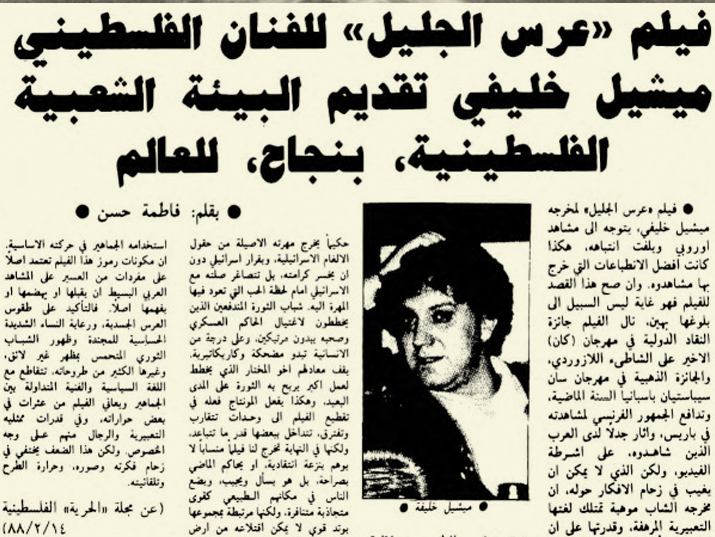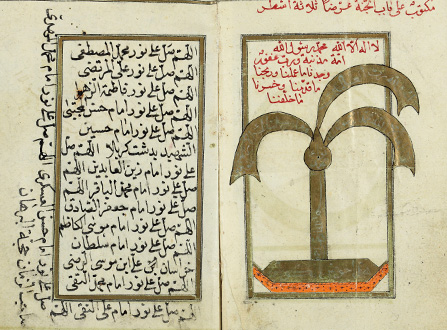Autobiographical interviews of Jews born in German speaking countries ("Yekkes") - 50/60 years after their immigration to Israel
لتكبير النص لتصغير النصOriginal name: Julius Stein. Born 07/02/1919, Budapest. Childhood and youth in Vienna and Pressburg. 1942-1944 in Hungary, imprisonment. With the Kastner transport (“Kastner train”) he came in 1944 to Bergen Belsen (instead of Spain), after several months finally to Switzerland, from there half a year later emigration to Palestine in 1945. Various studies. 1946-1947 work as educator in a home for problem children. 1947-1949 military service. Continuation of his studies, doctoral thesis in educational science. Work in a psychological department of the Israeli army. Four years of studies at the University of Chicago. Return to Israel, taught psychology at the Hebrew University and at Hadassah Hospital. ; Joel Shanan's life during the Nazi-period: He was born in Budapest, his mother moved to Vienna when he was a baby. [More about his youth below]. 1938-1942 he lived in Slovakia. He worked in an office in Pressburg. Later he did his hachshara at different places. When the deportations started, he attempted to move to Hungary in 1942. He was imprisoned in Hungary for half a year because of illegal border crossing. After his liberation, he stayed with an uncle in Budapest 1942-1944 (description of the difficult moves with registration documents etc.). Having got the chance to join the Kastner transport, the train was against the agreements already on the way to Auschwitz; after new negotations with the Kastner family they were transported to Bergen-Belsen (instead of Spain from where they should have gone to Palestine), and finally to Switzerland. (Questions, how much Jews in this time did or did not know about what happened in the concentration camps: Officially it was claimed that the deported Jews were resettled in the East. Nevertheless, there were already rumors about extermination camps. Zionist organizations took the rumors seriously, therefore their members tried to leave quickly.) ; Shanan's life in Vienna and Palestine/Israel: After pogroms under Horthy in Hungary in 1919 his mother fled to Vienna. Shanan thinks that anti-Semitism in Hungary has always been strong. His family was not very religious, they were assimilated. Shanan started medical studies in Vienna. Because he could not continue them in Palestine in 1945, he studied for one year psychology, educational science, French literature and culture. 1946-1947 he worked as educator in a home for problem children. 1947-1949 military service. He married during an armistice. After the military service, he continued his studies and wrote a doctoral thesis in educational science. Then he worked in a psychological department of the army. He got a grant from the University of Chicago and studied there for four years. Then he returned to Israel. Until the date of the interview, he taught psychology at the university. ; Shanan's life in Vienna and Palestine/Israel: After pogroms under Miklos Horthy in Hungary in 1919 his mother fled to Vienna. Shanan thinks that antisemitism in Hungary has always been strong. His family was not very religious, they were assimilated. Shanan started medical studies in Vienna. Because he could not continue them in Palestine in 1945, he studied for one year psychology, educational science, French literature and culture. 1946-1947 he worked as educator in a home for problem children. 1947-1949 military service. He married during an armistice. After the military service, he continued his studies and wrote a doctoral thesis in educational science. Then he worked in a psychological department of the army. He got a grant from the University of Chicago and studied there for four years. Then he returned to Israel. Until the date of the interview, he taught psychology at the Hebrew University. ; (Excursions about his research on psychosomatic interrelationships and about the reasons for antisemitism.) Shanan notices changes in the German language. He thinks that the pronunciation and the melody of the dialect have approached to German standard. He notices more Anglicisms in contemporary German. During his youth in Austria, French was more important than English. At home, standard German was spoken. Today he has a feeling of uncertainty when he uses German. When he gave lectures in Germany (as guest professor in Bonn and at other universities), he first only used English, later also German. He also wrote a few publications in German. He estimates that he speaks English with a German accent, but Hebrew without German accent, but with a melody reminding of the Viennese dialect. Also the pronunciation of his “r” (in all his languages) seems Viennese to him. He reads mainly English and French literature. Shanan analyzes the Israeli immigration waves: Each of them was socially branded during the first years. He thinks that the branding of the Yekkes slowly decreased, and that meanwhile other groups took the bad place.
| العنوان |
Autobiographical interviews of Jews born in German speaking countries ("Yekkes") - 50/60 years after their immigration to Israel. |
|---|---|
| عنوان بديل |
יהודים ילידי ארצות דוברות גרמנית - 50 שנה לאחר גירושם ועלייתם לארץ |
| مساهم |
Stein, Julius Dannerer, Monika OHD (interviewer) Hayer, Gerold OHD (interviewer) שנן, יואל OHD (מרואיין) Stein, Julius OHD (interviewee) שטיין, יוליוס OHD (מרואיין) המדור לתיעוד בעל פה של מכון המחקר ליהדות זמננו ע"ש אברהם הרמן באוניברסיטה העברית בירושלים (בעלים נוכחיים) |
| تاريخ الإصدار |
1998 |
| ملاحظات |
Includes short biography, questionnaire and topics of the interview. המדור לתיעוד בעל פה של מכון המחקר ליהדות זמננו ע"ש אברהם הרמן באוניברסיטה העברית בירושלים (234)158 |
| اللغة |
الألمانية |
| الإعتمادات |
המדור לתיעוד בעל פה של מכון המחקר ליהדות זמננו ע"ש אברהם הרמן באוניברסיטה העברית בירושלים |
| رقم النظام |
990044255630205171 |
عند كل استخدام، يجب تحديد المادة في النموذج التالي:
המדור לתיעוד בעל פה של מכון המחקר ליהדות זמננו ע"ש אברהם הרמן באוניברסיטה העברית בירושלים
תנאי השימוש:
استخدام لأغراض البحث، الدراسة والتدريس
يُسمح بنسخ المادة واستخدامها لأغراض الدراسة الذاتية، التدريس والبحث فقط.
يُسمح بنسخ المادة واستخدامها أيضًا لأغراض التدريس والبحث التجارية.
يجب نَسب المادة للمؤلّف/ين وذكره/م عند كل استخدام للمادة.
يُحظر المسّ بكرامة أو اسم المؤلّف من خلال تشويه المصنّف أو تغييره.
لا حاجة للتوجّه إلى المكتبة الوطنية للحصول على إذن بالاستخدام لأغراض الدراسة الذاتية، التدريس والبحث.
الاستخدام غير المخصّص للدراسة الذاتية، التدريس والبحث مشروط بالحصول على إذن من مالك حقوق التأليف والنشر في المادة و/ أو مالك المجموعة. لا يلزم الحصول على موافقة إضافية من المكتبة الوطنية. بالإمكان التوجّه بطلب إلى المكتبة الوطنية للحصول على تفاصيل التواصل بمالك حقوق التأليف والنشر أو مالك المجموعة.
معلومات إضافية:
هذه المادة تسري عليها حقوق التأليف والنشر و/ أو شروط اتفاقية.
تم تحديد شروط الاستخدام في اتفاقية موقّعة من قبل المكتبة الوطنية.
إذا كنت تعتقد/ين أنّه قد وقع خطأ في المعطيات الواردة أعلاهُ، أو أنّك تعتقد/ين أنّ هناك انتهاكًا لحقوق التأليف والنشر بشأن هذه المادة، فيرجى التوجُّه إلينا من خلال الاستمارة التالية
MARC RECORDS
وسوم
المواد ذات الصلة
أتعرفون المزيد عن هذا العنصر؟ وجدتم خطأ ما؟

 سجل الدخول باستخدام غوغل
سجل الدخول باستخدام غوغل
 تسجيل الدخول باستخدام فاسيبوك
تسجيل الدخول باستخدام فاسيبوك



